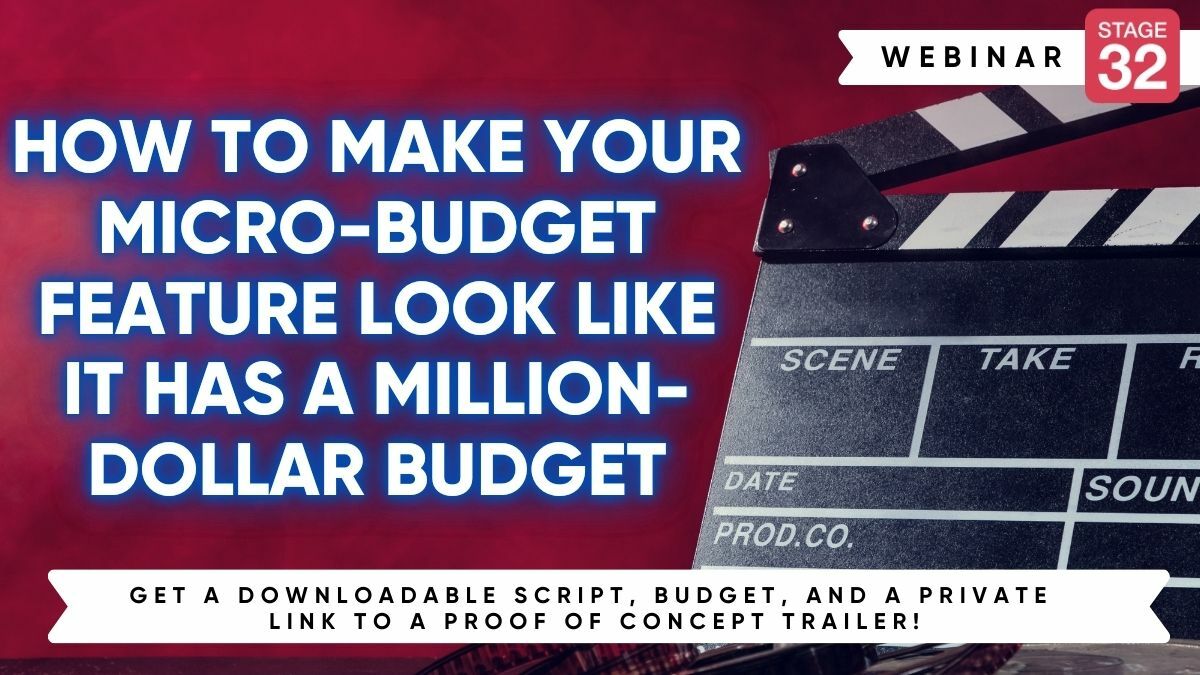How much IRONY is in your story? Do you find it to be a useful tool in crafting stories? i do! Think of your tip 5 favorite movies - are the storylines ironic? Here are a few thoughts on the power of IRONY.
Irony plays a significant and multifaceted role in crafting a great screenplay. Here are some key aspects of how irony can enhance a screenplay:
- Creating Depth and Complexity:
- Irony adds layers to characters and plotlines, making them more engaging and thought-provoking. It allows writers to convey deeper meanings and subtleties, enriching the narrative.
- Enhancing Humor:
- Dramatic irony, where the audience knows something that the characters do not, can create comedic situations. This form of irony often leads to humorous misunderstandings and unexpected outcomes.
- Building Suspense:
- Irony can be used to build tension and suspense. Situational irony, where events unfold in a way that is opposite to what is expected, keeps the audience on the edge of their seats, anticipating twists and turns.
- Revealing Character Traits:
- Verbal irony, where characters say something but mean the opposite, can reveal a lot about their personalities, motivations, and relationships. It can show wit, sarcasm, or a deeper emotional state.
- Highlighting Themes:
- Irony can be an effective tool to underscore the central themes of a screenplay. It can contrast ideals with reality, emphasizing moral or philosophical points in a subtle yet powerful way.
- Engaging the Audience:
- Irony invites the audience to think critically and engage more deeply with the story. It encourages them to look beyond the surface and consider the implications of the characters' actions and the unfolding events.
- Creating Memorable Moments:
- Some of the most memorable scenes in cinema are marked by irony. These moments often leave a lasting impact because they subvert expectations and provoke an emotional or intellectual response.
Examples of Irony in Screenplays
- Dramatic Irony: In Alfred Hitchcock's "Psycho," the audience knows about Norman Bates' true nature long before the characters do, creating suspense and tension.
- Situational Irony: In "The Sixth Sense," the revelation that Dr. Malcolm Crowe is dead is a powerful twist that recontextualizes the entire film.
- Verbal Irony: In "Pulp Fiction," characters often engage in conversations filled with ironic statements that reveal their complex personalities and relationships.
In summary, irony is a versatile and powerful tool in screenwriting that can enrich the story, deepen character development, and engage the audience in meaningful ways.


2 people like this
This was a really interesting post! Thanks Fran Harris
1 person likes this
I use dramatic irony, situational irony, and verbal irony in scripts, Fran Harris. Mainly situational. Situational irony is great for Horror, Thriller, Mystery, and Comedy scripts!